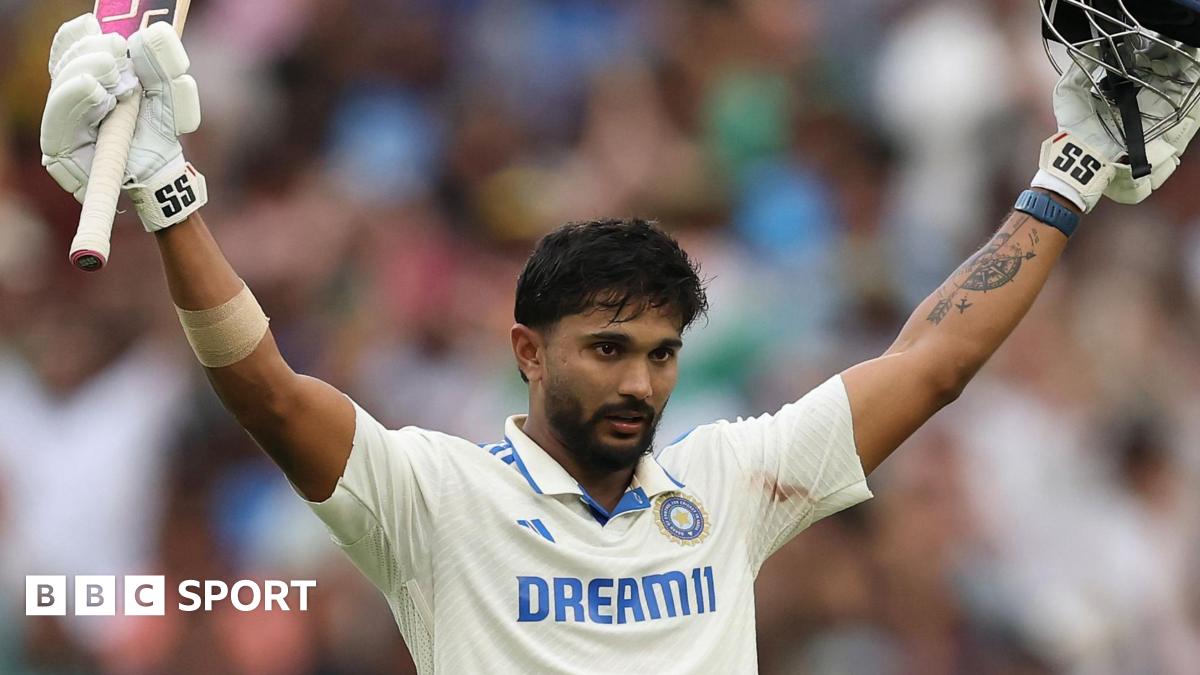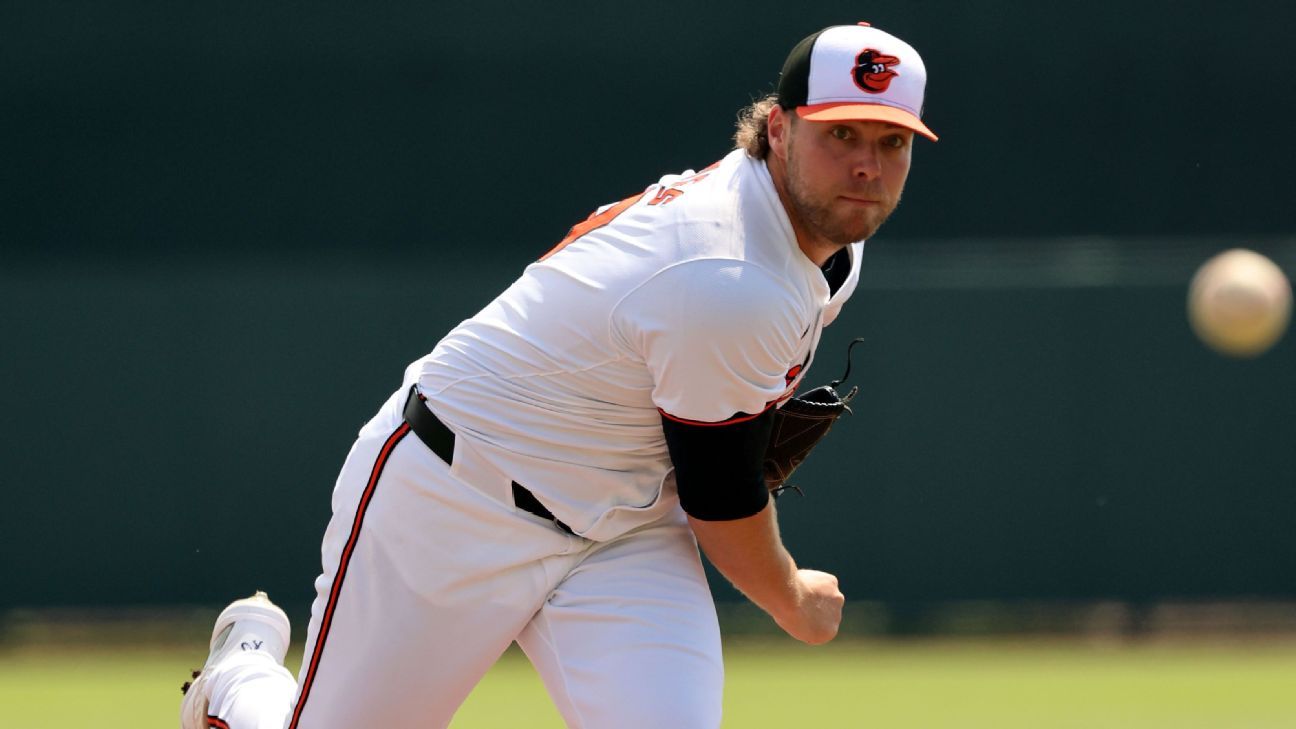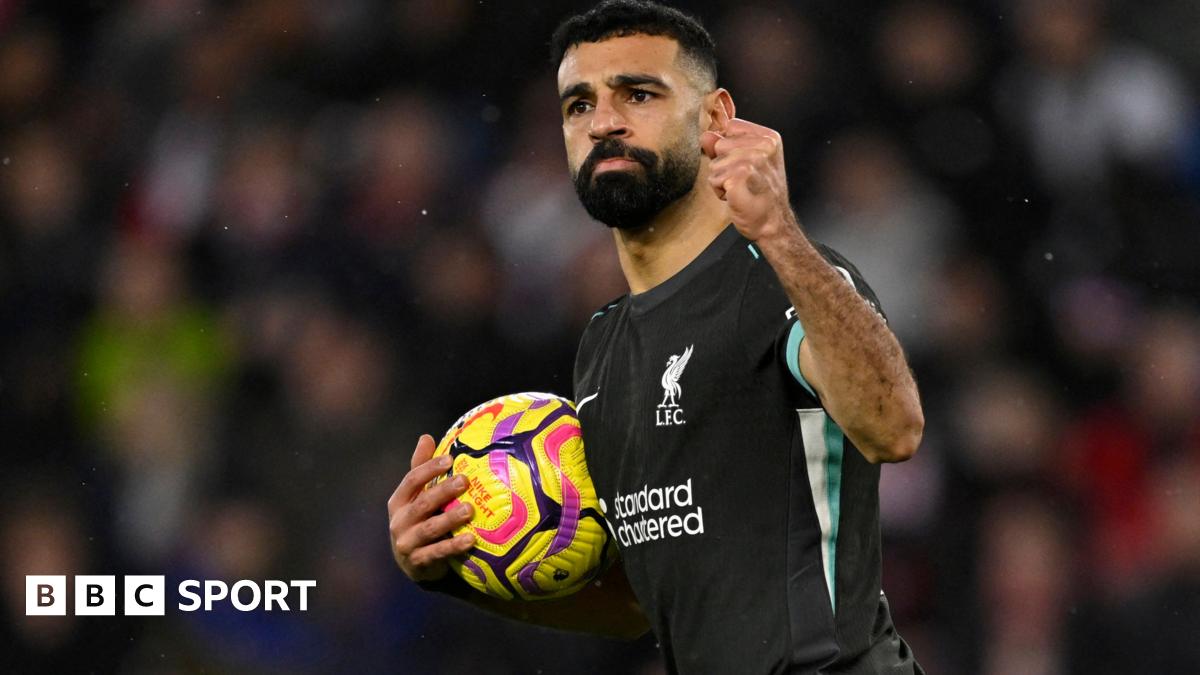Manchester United lost 2-0 to Wolves on Boxing Day, continuing a dismal run in the Premier League. They have to hope Ruben Amorim can guide them through this storm he’d foreseen.
Molineux was the setting of Manchester United’s latest embarrassment on Thursday, their fifth defeat in all competitions under Ruben Amorim and a fourth Premier League loss in five.
While this one did at least have the caveat that United played almost the entire second half a man light after Bruno Fernandes’ third red card of the season, it isn’t enough to paper over the reality.
Their situation is bleak; the only Premier League match in their last five that they didn’t lose was against the remarkably out-of-sorts Manchester City, and there was certainly a hint of fortune about that victory.
Since then, United have been well beaten by Bournemouth at home and now Wolves, failing to score a single goal against either and looking second best for long stretches. Those defeats were entirely justified – even if Fernandes hadn’t been sent off, it wasn’t as if Amorim’s men looked like they’d cruise to three points.

Scoring goals is a problem, and they’re leaking them at a hefty rate at the other end. It’s hardly cutting-edge analysis, but that’s obviously not a formula for success.
They faced Wolves on Thursday having been in the bottom half of the Premier League table on Christmas Day for the first time in Premier League history, and now it’ll take an unlikely combination of results to ensure they begin the New Year in the top half.
Amorim was clear from the start that life was likely to get tougher for United before it got better, and at the moment, they feel like they’re sinking without much of a trace.
Their issues on the pitch are mounting, the Marcus Rashford situation isn’t exactly helpful, and above all, results are worse now than before Erik ten Hag was shown the door in late October.

“We are going to have difficult moments and we will be found out in some games, I know that,” Amorim said at the start of this month ahead of facing Arsenal.
“I know it is really hard to be a Manchester United coach and say these things in press conferences – and we want to win all the time, no matter what – but we know we are in a different point compared to Arsenal.
“I would like to say different things, but I have to say again, the storm will come.”
Lo and behold, it’s here and showing little sign of waning.
Thursday’s defeat meant Amorim became the first Man Utd boss to lose as many as five of his first 10 games in charge of the club in all competitions since Walter Crickmer in January 1932 (6/10).
Similarly, United have lost two more games in Amorim’s first 10 matches than they did in Ten Hag’s final 10.
Of course, central to Amorim trying to manage expectations in those early weeks was the fact he was aiming to establish an identity within the team and playing with a different setup. There would always be teething problems, and he’s almost approached the first month or so of his reign like a pre-season.
There have been changes and substitutions aplenty as he continues to identify a favoured starting XI, which would probably be difficult enough even if the squad was built to play his system.
Perhaps that’s the key point; that United made a crucial error in appointing someone mid-season who they knew would immediately try to implement a new way of playing on a squad built (haphazardly, some might say) for something else.

But if we start focusing on mistakes made by the United hierarchy, we could be here for a long, long time.
It’s obviously too early to be rendering the appointment of Amorim a mistake. There’s clearly a lot to like about the former Sporting CP boss and the majority of the issues at the club precede his arrival, though there’ll undoubtedly be United fans starting to wonder how much worse it’s going to get.
Could they actually be in store for a relegation battle?
It might seem unthinkable, but since Amorim was hired, United have taken just seven points from as many league games. Looking only at that timeframe, they’d be 15th in the table having also played a game more than two of the clubs below them.
Granted, the Opta supercomputer still sees a top-four finish (0.6%) as more likely than a bottom-three finish (0.1%), but in its 10,000 season simulations, United finish as low as 16th in 2.2% – that raises the threat of a relegation battle.

Amorim will presumably turn things around to some degree before it comes to that, but Thursday’s game will have invited a particular comparison given the context surrounding Wolves.
Having sacked Gary O’Neil when appearing nearly doomed to relegation, Wolves have now won two on the spin without conceding a goal under new boss Vitor Pereira. Sure, the Leicester team they beat are in their own difficult situation, and United had a man sent off, but Wolves have clicked quickly.
Even when it was 11 vs 11 against United, Wolves looked the more cohesive of the two teams at Molineux. They defended bravely, were feistier in midfield, and their No. 10 – Matheus Cunha – ran the show.
There will have been some United fans on Thursday wondering why Amorim wasn’t able to inspire a similar immediate impact.
We have to remember that every situation is highly nuanced and there’s certainly no one-size-fits-all approach, though the longer United’s teething problems last, the more arduous this rebuild will be.
Missing out on European football, for instance, will heavily impact the money they can spend in the transfer market, and given this is a squad constructed for Ten Hag, new players are required to fulfil Amorim’s expectations.
Amorim had the foresight to see a storm was coming; United now have to hope he can plot a safe route through to calmer waters.
Subscribe to our football newsletter to receive exclusive weekly content. You should also follow our social accounts over on X, Instagram, TikTok and Facebook.





![[Nefarious Activities via Manipulating CRS Reports to Congress] Revisiting the Congressional Research Service 2016 nbC Report](http://www.freerepublic.com/images/shotheard.jpg)



